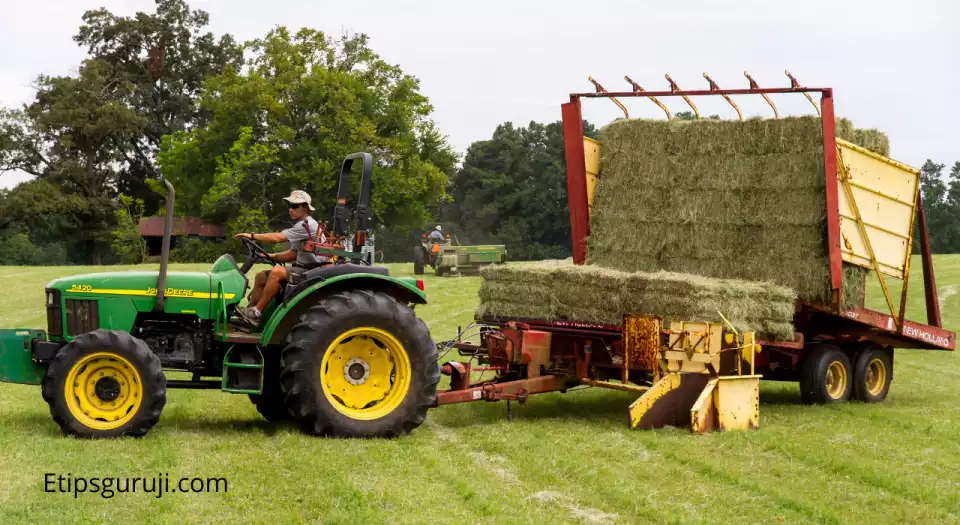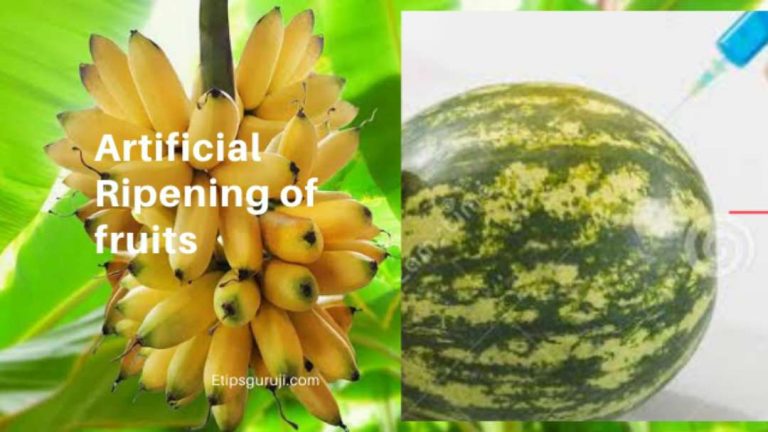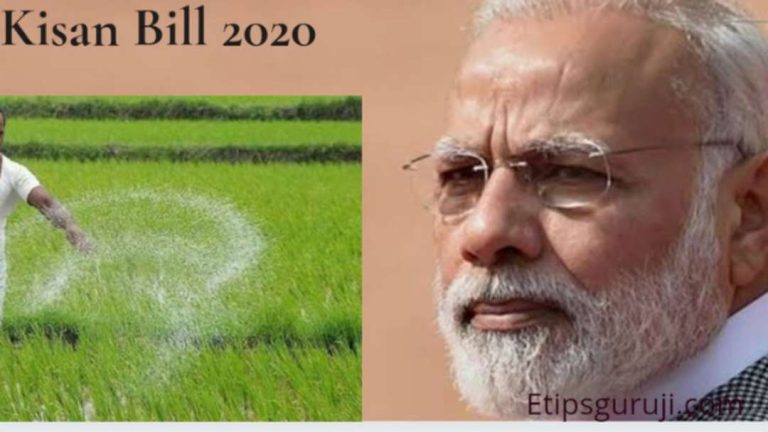Precision Farming Empowering Farmers of Today
Precision farming is the gift of modern technology to farmers to increase the crop yield with minimum losses. The technique involves the utilization of inputs in a precise manner to get maximum yields as compared to traditional farming practices.
With the global population reaching up to 9.6 billion by 2050 and the increasing urbanization, it is crucial to improve farming practices to feed the large population.
Precision farming or satellite farming or precision agriculture combines modern methods of cultivating and monitoring the crops. Trends like Big Data and Advanced Analytics Capabilities and Robotics, sensors, and IoT make the collection and management of field data quick and simple.
What is Precision Farming?
Precision farming or specific site crop management is a concept of managing the crops through observation, management, and modern techniques. The latest techniques are used to ensure that the soil and the crops receive the same amount they require. These methods provide optimal health and productivity to the crop with maximum profit and a minimum threat to the environment.
Using specific software, equipment, and IT services, precision agriculture also provides real-time data and monitoring of the crops in the fields. Using precision farming techniques, the farmer gets information about soil conditions, irrigation requirements, weeds, hyper-local weather conditions, or any threat to the crop at the right time.
Using drones, farmers can collect real-time images of the field and decide the next step to be followed. There are many sensors available that can provide information about the temperature and moisture content of the soil.
Farming Versus Agriculture
Farming and agriculture are two different terms that are often used interchangeably. While agriculture also includes cattle raising, genetic engineering, plant breeding, etc, farming is limited to growing crops and plants. Farming is a subset of agricultural practices.
Farming can be of different types such as intensive farming, organic farming, protected culture faring, and collective farming. It combines various techniques like pruning, tilling, crop rotation, and harvesting. Some farming techniques are applied in agricultural practices for more production.
Agriculture covers vast areas and subjects as compared to farming including research and development. Farming also involves the implementation of agricultural techniques.
Farming Techniques in India
In India, Farming systems vary according to the region, climate, and soil conditions. The varying geographical location and different climates affect each region’s agricultural productivity.
Farming and agriculture methods of India can be broadly classified as:
Shifting Agriculture: this type of farming practice involves clearing of forest land for growing crops. It is popular among tribal farmers. They remove dried up trees, weeds or burn the tree trunks to get a space for farming.
The farmers cultivate the land for about 2-3 years and leave the land once its fertility goes down. Therefore it is not considered to be a good method of farming.
Terrace farming: it is the method of growing crops or farming on sides of mountains or hills. The graduated terraces are built into the slope and plantation is done. This method is labor-intensive but is common in some regions owing to its advantages.
The advantages of terrace farming include a reduction in soil erosion and water loss.
Intensive farming: this kind of farming requires large labor and money. To obtain a high yield per area of land, high amounts of pesticides are used.
Intensive farming has many disadvantages. It results in clogged water systems, polluted runoff, the killing of beneficial insects, and degradation of soil.
Subsistence Farming: in subsistence farming, the farmer grows food crops to meet his requirements. The objective of farming is to fulfill only personal and local requirements.
In this type of farming, traditional methods are followed to grow crops, and minimum or no tools are used.
Organic Farming: organic farming is a well- known term nowadays. It focuses on growing crops without using synthetic chemicals or making use of pesticides or fertilizers in their natural form. Genetically modified organisms are avoided. Practices like crop rotation are encouraged to improve soil regeneration.
Apart from the above-mentioned techniques, other farming systems include crop rotation, mixed farming, sedentary cultivation, and plantation agriculture.
Modern methods of farming used in Indian villages

Indian villages have developed with time and the farmers have started using the latest farming techniques. Modern farm machinery equipment like the combined-harvester is not new to today’s farmers. Government and banks provide subsidies and loans to the farmers to improve their farming practices. Even in areas with scarcity of water, techniques like drip irrigation are increasing the yields.
Now there is no shortage of pesticides, insecticides, and chemical fertilizers to protect the crops and increase the yield. For farmers interested in organic farming, there are many options available in the market.
Farmers can easily get subsidies on tractors, threshers, and combined harvesters. For irrigating vast fields tube wells, water pumps and other irrigation equipment are easily available in a wide range.
Moreover, grain storage structures now have modern designs that save the harvested crop from rodents and high moisture content. The integration of precision farming techniques can improve the standard of villages as well as the farmers.
Also Read:
- SOLID WASTE MANAGEMENT RULES FOR A CLEAN ENVIRONMENT
- BIODIVERSITY ACT – A UNIQUE SYSTEM TO SAVE SPECIES ON EARTH
Smart farming techniques
Modern farmers have already adopted some of the smart farming or precision farming techniques. The credit goes to the volunteers and the government agencies that spread awareness and make sure that the information reaches every corner of the country.
A smart farm integrates advanced techniques with traditional practices. The modern methods and equipment reduce heavy labor and tedious tasks. Driverless tractors, autonomous and robotic labor, automatic irrigation, weeding, and crop maintenance and drone imaging have reduced the burden on the farmer.
Practice of modern precision farming techniques like spraying fertilizers and pesticides through drones, connecting farms using sensors and IoT, reduce the filed visits of the farmers.
Problems faced by Indian farmers today
Climate change, frequent floods, droughts, locusts attack, and lack of modern equipment are some of the major issues faced by Indian farmers.
Many farmers are not able to get a good quality of seeds. Even if they are available every farmer cannot afford it. Using traditional or low-quality seeds results in low productivity. Since most of the seed suppliers are from the private sector, the government has to tie up with them. The government also provides direct subsidies to the farmers for buying good quality seeds.
There are still many villages in India where the farmers are using traditional equipment like plow and sickle. It is time and energy-consuming with less productivity. The farmers who have access to modern equipment cannot use it because of the unavailability of electric power.
The small and fragmented holdings of land make it tough to cultivate at a single run. A lot of time is wasted in moving the resources from one field to another. Also, the lack of storage facility decreases the shelf life of the harvested crop.
Many times, the middlemen refuse to provide a reasonable price for the crop. The local traders usually exploit the farmers. The government is working in this direction to improve the status of farmers.
How does precision farming affect the environment?
Precision farming has many advantages and a healthy environment is one of them. Since it reduces the uses of fertilizers and chemical applications, the soil quality is not affected. The excessive input of any supplement can alter the composition of the soil. Precision farming is all about the targeted application of inputs, hence, it not only saves time and money of the farmer but saves fertilizers and water from wastage.
The use of precision farming techniques is the need of the hour. Urbanization and climate change harm agriculture and farming. Precision farming provides solutions to multiple problems related to farming.






